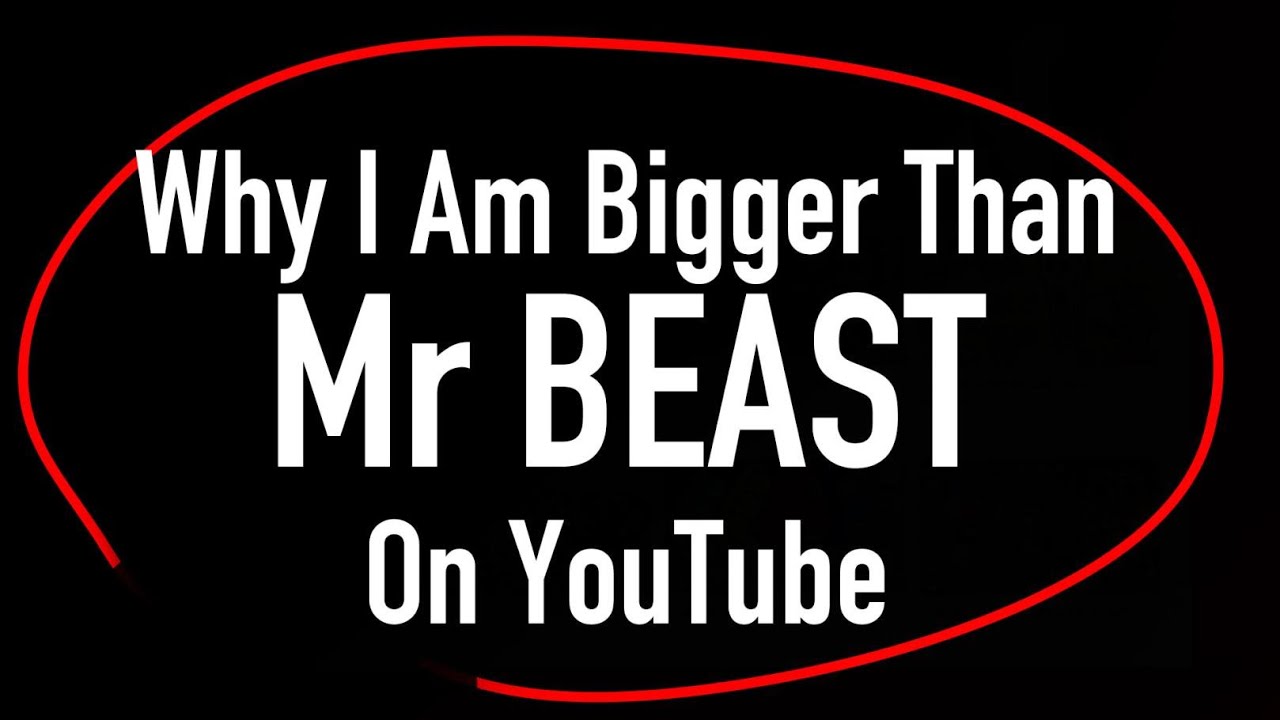Yeah. A lot of the times when people do something bad, they also lie about it rather than openly admit it (they at least partly know either that it’s bad or that many people think it’s bad). Sometimes the bad thing is actually legal and doesn’t initiative force, but the lying makes it fraud/illegal.
Here’s another one to look at. It’s pretty long so people may be able to point out several examples of fraud:
EDIT: Here’s the reddit post text (with the numbering broken; it appears to be broken on desktop but not mobile):
[Title:] Guitar center forced customers to donate to their fake charity, they profit $300,000 a day from by refusing them change. They bait customers with jail time. They dock employee hours, dangerous work environment and they destroy instruments instead of giving them away at a discount.
I was regional manger at guitar center for 6 years and worked other roles for longer about 12 years total there.
I will do a deep dive because I think everyone needs to be aware of this at any place they work.
This place is disgusting with all its fake charities and “donations” and docking hours.
- During and after covid guitar center had signs up that said “due to the national coin shortage, if you pay with cash it must be exact change or it will be rounded up and donated to the guitar center foundation.”
And if you paid card you would be asked to round up.
Whenever customers would get mad about not getting change they would point at the signs posted everywhere.
If you paid card associates were forced to ask you to round up.
When customers would ask what the charity did everyone had a differ answer because the associates had no idea and higher ups would dodge the question or tell you they give instruments to schools.
This eventually became a metric stores had to hit, if not the store manager would get a write up. Employees are forced to ask if they don’t they get yelled at or written up. A lot of them don’t even know it’s fake and are lied to. Most store managers don’t even know it’s fake.
The goal? $1,000 a day. They have 300+ stores. Some stores would surpass it getting close to even $2,000, lower performing stores $400.
At the end of the day the donations were lumped together with the store money and counted into profits for that day.
How did they get away with this? They would donate about $2,000 a year worth of instruments to about 2 schools.
$2,000 worth of instruments cost them about $900
So they would collect $300,000 a day and donate a total of about $1,800 for the whole year.
$109,500,000 in donations a year and they’re giving out $1,800 from that.
They started this in 2020, the year they had “record profits”. It was from this.
They also did this thing where they told employees they were giving away $1,000 for covid hardship if you wrote them a letter.
They then canceled this a few days letter and sent out a company wide email saying “We did not expect the amount of entries we got and since we can’t give it to everyone it has been cancelled.”
- Many years ago around 2015-2016. They asked customers to donate clothes to send “to countries in need”
This was a lie. They boxed them up and sent them to the repair techs at all their stores and told them to cut them up and used them as rags on customer guitars. These were old shirts with stains and rough material that would damage peoples guitars.
All this to cut cost on rags which cost them maybe $50 every 4 months per store.
Customers eventually had an issue seeing the weird scraps of random shirts so we we’re told to pull the plan but some store managers didn’t listen and continued to use them to cut cost. Higher ups tried to make it seem like it never happened.
- Also introduced around 2020 was “progressive leasing”
It is their no credit option.
If you get rejected for the store credit card, you can get progressive leasing.
Employees get in trouble if you don’t want to buy the extended warranties. It is a metric they get written up for.
As well as credit card applications
No credit? No problem.
All you have to do is pay $79.99 to apply and you can buy anything you want in the store.
If you don’t pay it off within 6 months the interest goes to 25%. They don’t explain this that way, they make it seem fine on the application.
Well what if you don’t pay it at all? Jail. You will be arrested for theft or a warrant put out by progressive leasing. It doesn’t tell you any of this. Most customers are starving musicians and fall into this.
- No breaks & Docking hours. If you are scheduled to 5:00pm and you clock out at 5:05. A manager will trim the hours back to 5:00. Most people don’t notice and if they do managers play it off as a computer mistake and just put it back to where it was. Sometimes no breaks are allowed but a break will be discounted from pay.
- They are one of the lowest paying companies even higher ups are paid terrible all the way up to the Vice President they would make 3x more at any other company.
Pay for entry level? It was $8/hr but states that raised their minimum wage it went to $10 and has remained there. They usually pay about 25 cents over the local minimum wage for entry level and $2 over for entry management.
- Non-compete, you can not get a second job to make more money in anything even closely related. If they find out you will be fired for working for a competitor. Example for their lessons instructors this is hard because they may already work at a private school and guitar center only gives them 1 or 2 hours a week or the repair people can’t even work on things outside of there.
- Unsafe work environments, employees injuries are daily. Amplifiers falling on people’s heads, broken bones because they refuse to provide proper shelving.
All types of muscle injuries from pressuring employees to carry heavy equipment.
Not to mention the deranged customers that physically attack the employees, pull guns on them, threaten mass shootings.
This happens daily across all the locations. Swat team has to come into a location at least once a month.
- Sexual harassment is through the roof. I can not even begin on that one.
- If an instrument is damaged and cost more to repair than what they bought it for, it is set to be thrown away, your must make it unusable before throwing it away. So every so often employees get to take hammers to instruments, throw them off a second floor, smash them etc.
If there is still functioning parts on the instruments, employees can not have them even a single screw. If caught, you will be fired.
Broken products are knowingly sold. They’re sent to be fixed as cheaply as possible then sent back and passed off as new
I don’t know how to wrap this up so if you made it this far, I guess ask me anything?
Edit: I forgot to add that a lot of small “mom & pop” music stores are also owned by guitar center under music and arts and they keep the mom & pop shop name and operate under it. The only way to check this is in green screen (the system guitar center uses in store)
For those of you who still work there if you’re curious pull up store directory in green screen and scroll through them specifically ones near you and you’ll start seeing addresses and store numbers you’ve never heard of




